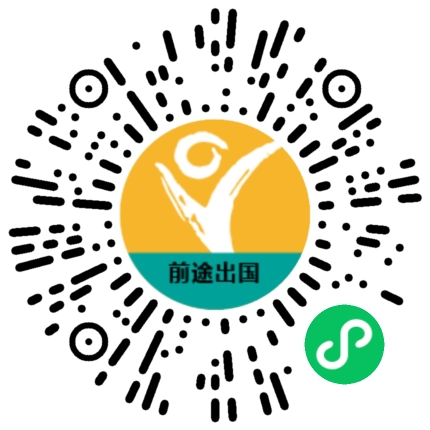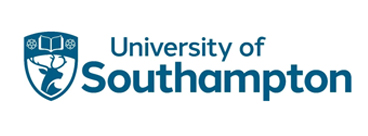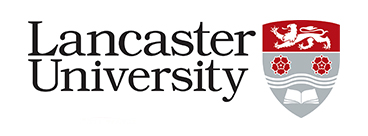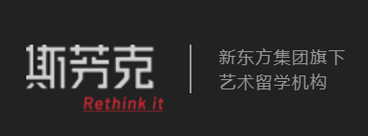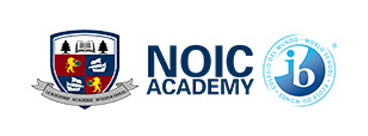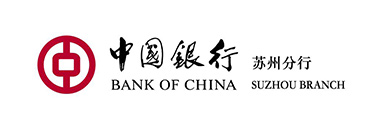21秋-香港岭南大学-健康与社会服务管理
背景介绍
申请难点
留学规划与提升

Summary of Programme Description
MHSM programme is a one-year full-time or two-year part-timeadvance programme that aims to prepare a new generation of social service practitioners and allied health managers to provide progressive and innovative solutions to complex challenges of the ever dynamic health service delivery systems.
It adopts a multidisciplinary and internationally recognized approach to provide students with skills in providing services in an ageing and a rapid technology-developed society. It will equip students with necessary management skills to lead and manage teams, to plan and implement services and to work effectively with service users and stakeholders.
Why study the MHSM Programme
Innovative Programme Structure and Curriculum
- Provides skills in leading and managing teams in health and social service settings
- Focuses on gerontology and gerontechnology
- Students are introduced to existing and emerging assistive technologies in delivering health and social services to different vulnerable groups such as the elderly, mentally ill and other sick persons, carers, disadvantaged children and youth.
- Combines discussions on both orthodox medicine and Chinese medicine
- Offers theoretical and experiential components for a balanced study experience
- The theoretical discussions are delved into practical management issues meant to strengthen students' analytical skills and career prospects.
- Some courses entail laboratory activities and field visits. Equips students with advanced research skills for work and further studies
- Multidisciplinary perspectives to course delivery
- The programme adopts an eclectic approach to provide students a holistic perspective in managing health and social services.
International Learning Experience
MHSM courses are delivered by a teaching team of internationally trained and experienced scholars and practitioners. The courses are sensitive to local, international and global debates about health and social services management. Specifically, students shall have:
- Opportunities for international student exchange (e.g., summer school at the University of Oxford)
- Regular seminars and workshops led by invited international scholars and professionals in related fields
Excellent Career Opportunities
Graduates of the programme can take positions in several areas in both private and public sectors including:
- Project managers/coordinators
- Training officers
- Nursing and healthcare alliance managers
- Patient advocates
- Project operations executive
- Research officers
- Prevention officer in health services
- Outreach health workers
院校解读
留学方案
案例分析
学生背景分享
Course Description
Core and Theoretical Courses (6 courses, 3 credits each)
1. Theorising Health and Social Services I
This course will explore major theoretical debates in health and social services. It will also enhance understanding of social aspects and ethical dilemmas in health service provision and their role in the process. The course will be delivered through lectures.
2. Theorising Health and Social Services II
This course will be a continuation of the debates on health issues in social service delivery. However, this module focusses on practical and empirical aspect. Instead of lectures, this one will involve a series of practitioner seminars. The seminars will be delivered by professionals in relevant fields to share practical experiences. In particular, there will be a component of Chinese medicine practice and the role of social service agents and agencies. Each of the topics will relate to some of the theoretical issues raised during the first part of the course.
3. Health and Social Services Management
In this course, students will learn critical leadership and managerial skills in health-related social service delivery. It entails advanced and contemporary discussions on theoretical frameworks, approaches and negotiations skills, and relationship management in organizational settings.
4. Managing Service Users and Stakeholders
In this course, theoretical, philosophical and practical discussions will be explored about ways of incorporating experiences, ideas, and expectations of potential service users in the design and delivery of health and social services. Students will learn about approaches to establish and maintain a strong and valuable working relationship with service users and other stakeholders. They will also be led to examine the ethical boundaries in the relationship with different stakeholders and identify factors that enhance or inhibit the involvement of service users in service delivery.
5. Social Policy in Modern Societies
This course introduces students to social policy concepts and theories, with attention to the comparison of the social, economic, demographic changes taking place in the Greater China and East Asian regions. More specifically, it examines significant social policy challenges confronting societies in Greater China and Asia, examining how governments, markets and civil societies in the region respond to such challenges in adopting social policy policies appropriate for managing rapid changes.
6. Research in Health and Social Services
The module will focus on qualitative and quantitative approaches to researching health and social care management. It will involve practical approaches to gathering and analyzing data for health and social services. Students will be taken through research design, data collection, data management and data analysis of qualitative and quantitative research methods. They will be introduced to essential software for analyzing data including NVivo and SPSS. Also, students will be introduced to skills in the academic research proposal and academic writing. In collaboration with the Fong Sum Wood Library (Lingnan University), students will also be taken through methods in the literature review and managing literature in health and social care.
Experiential Courses (2 courses, 3 credits each)
7. Chinese Medicine in Health and Social Services
Chinese Medicine (CM) is a cost-effective method for disease prevention and treatment. Hence, more and more health and social care workers are introducing CM in their practice and public engagement activities. Thus, some fundamental knowledge of CM is useful and important in the proper planning and management of health-related social services. The course is divided into two parts. The first part provides students a general understanding of the basic theories, working principles, methods for health promotion and disease healing in Chinese medicine. In the second and major part of the course, students will have a one-week practicum at a non-governmental organization that is providing CM services.
8. Modern Technology in Health and Social Services
This technologically-driven course is designed for senior health and social service practitioners, who have responsibilities and resources for innovating existing service and products to achieve higher organizational efficiency and user satisfaction. The course is in two parts. The first part will provide students with much-needed skills in addressing the gaps in society and technology interface, particularly for older persons. Students will be introduced assistive technologies and equipment such as telemonitoring, telehealth, assistive, ICT technologies and gerontechnological devices. Students will also be exposed to cutting-edge technologies, such as artificial intelligence (AI) and robotics in health service delivery.
In the second part, students will learn to lead effective innovation process using human-centered design method and gain hands-on experience in assistive technology and automation design such as user experience design, home automation, and machine ethics to equip them with skills and knowledge necessary for developing effective healthcare services and products. They will have real-time experience in harvesting and applying big data in decisions about care delivery relating to the maintenance or improvement of physical and mental health.
Project (6 credits)
9. Health and Social Services Project
This course aims to facilitate students to integrate and apply the knowledge and skills acquired through different courses of the programme. They are expected to complete a dissertation in the form of either a ‘critical literature review’, an ‘empirical research study’, or a ‘work-based project’. After attending introductory sessions about the requirements of a project and methods for studying a topic, students will work out a project proposal and then present it in class. This is an independent study, and students are expected to seek support from their supervisor to complete the project actively.


